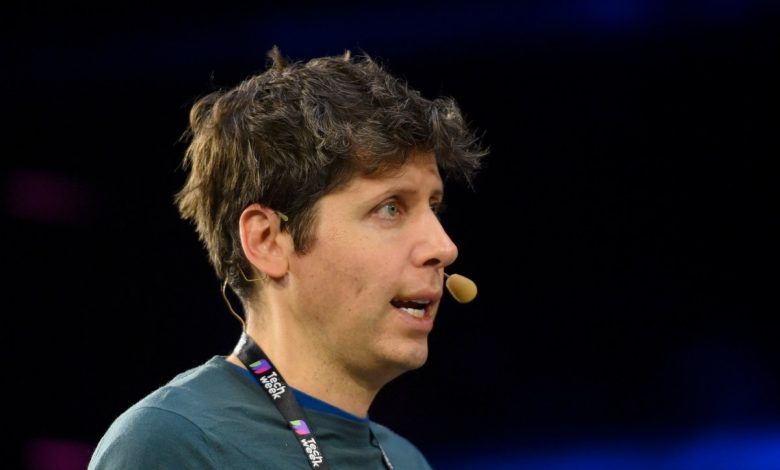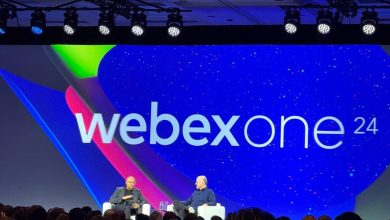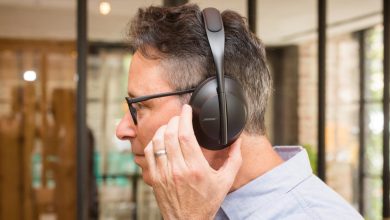Why OpenAI is only letting some Sora users create videos of real people

OpenAI launched its video-generating device, Sora, on Monday. However the firm’s opting to not launch a key characteristic for many customers pending additional testing.
The characteristic in query generates a video utilizing an uploaded photograph or footage of an actual particular person as a reference. OpenAI says that it’ll give a “subset” of Sora customers entry to it, however that it received’t roll out the aptitude broadly till it has an opportunity to fine-tune its “strategy to security.”
“The flexibility to generate a video utilizing an uploaded photograph or video of an actual particular person because the ‘seed’ is a vector of potential misuse that we’re taking a very incremental strategy towards to be taught from early patterns of use,” OpenAI wrote in a weblog submit. “Early suggestions from artists point out that this can be a highly effective inventive device they worth, however given the potential for abuse, we aren’t initially making it accessible to all customers.”
OpenAI additionally received’t let customers share generated movies containing clips or pictures of actual individuals to Sora’s homepage discovery feed.
Generative video is a robust device — and a controversial one, with deepfakes and misinformation being vital issues. In response to knowledge from ID verification service Sumsub, deepfake fraud worldwide elevated by greater than 10 instances from 2022 to 2023.
Amongst different steps OpenAI says it’s taking to forestall misuse, Sora has a filter to detect whether or not a generated video depicts somebody beneath the age of 18. If it does, OpenAI applies a “stricter threshold” for moderation associated to sexual, violent, or self-harm content material, the corporate claims.
All Sora-generated movies comprise metadata to point out their provenance — particularly metadata that abides by the C2PA technical commonplace. The metadata may be eliminated, granted. However OpenAI’s pitching it as a approach for platforms that assist C2PA to rapidly detect whether or not a video originated from Sora.
In a bid to fend off copyright complaints, OpenAI additionally says that it’s utilizing “immediate re-writing” to forestall Sora from producing movies within the model of a residing creator.
“We now have added immediate re-writes which can be designed to set off when a person makes an attempt to generate a video within the model of a residing artist,” the corporate wrote. “We opted to take a conservative strategy with this model of Sora as we be taught extra about how Sora is utilized by the inventive neighborhood … There’s a very lengthy custom in creativity of constructing off of different artists’ types, however we recognize that some creators might have issues.”
Numerous artists have sued AI firms, together with OpenAI, over allegedly coaching on their works with out permission to create AI instruments that regurgitate content material of their distinctive types. The businesses, for his or her components, have claimed that honest use doctrine protects them from copyright infringement claims, and that AI fashions don’t, in actual fact, regurgitate.
In response to video blogger Marcus Brownlee, who received an early preview of the options, Sora can create movies from a textual content immediate or picture and edit current movies through a Re-mix device. A Storyboard interface lets customers create sequences of movies, whereas a Mix device takes two movies and creates a brand new one which preserves parts of each.
Subscribers to OpenAI’s ChatGPT Professional and Plus plans get entry to Sora, OpenAI’s video generator, at present — however provided that they stay in sure nations.








